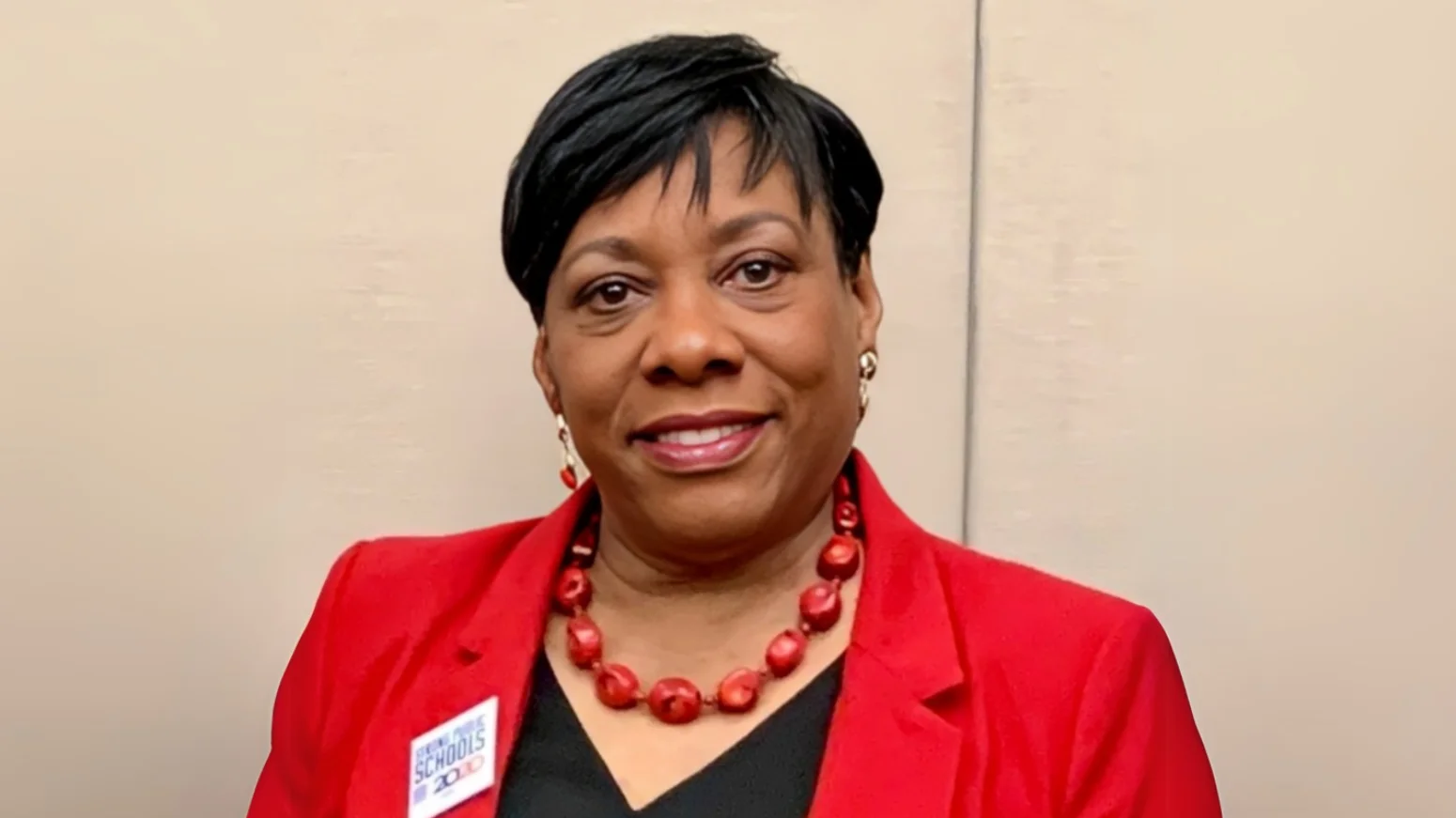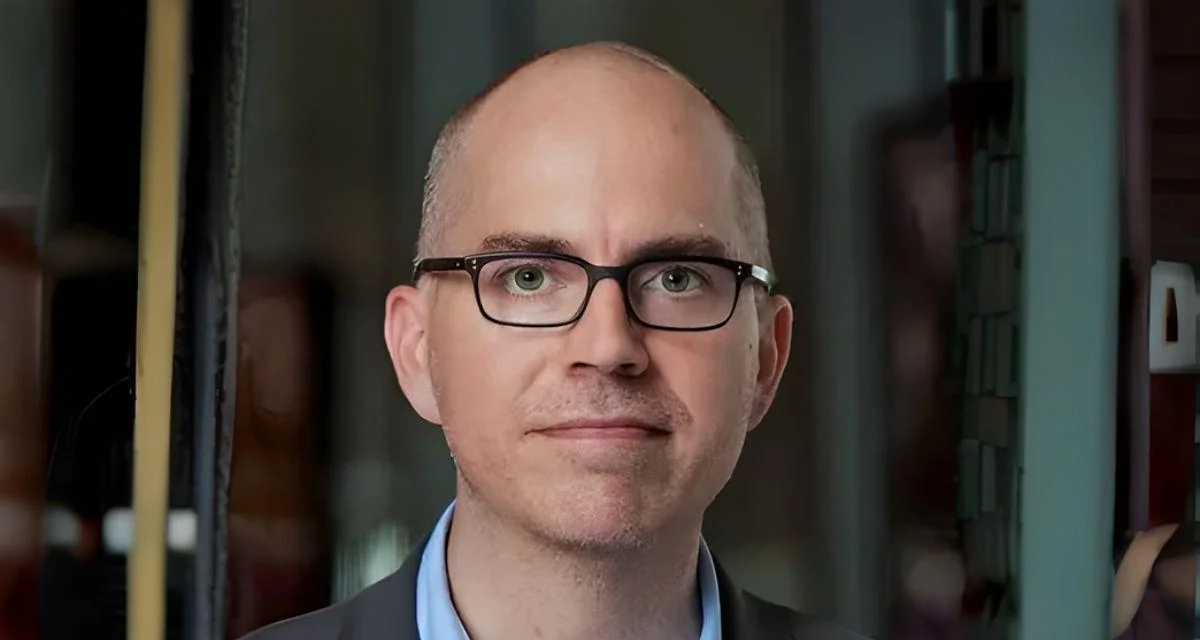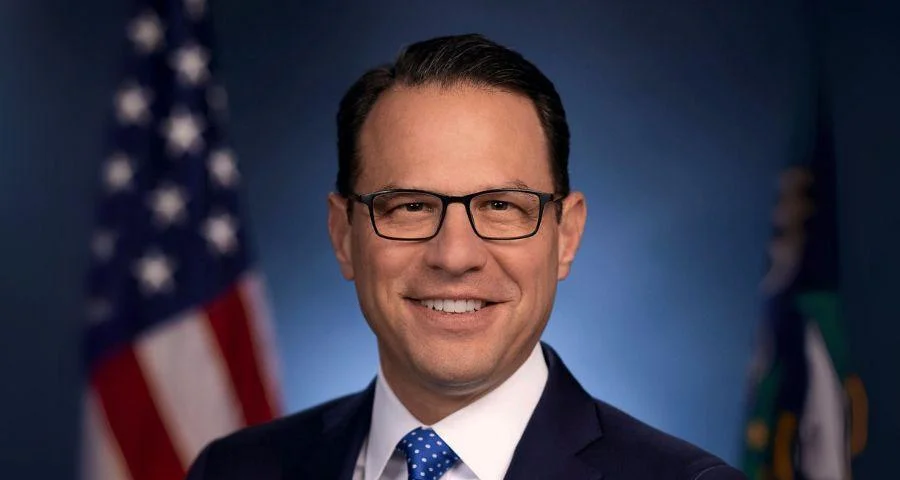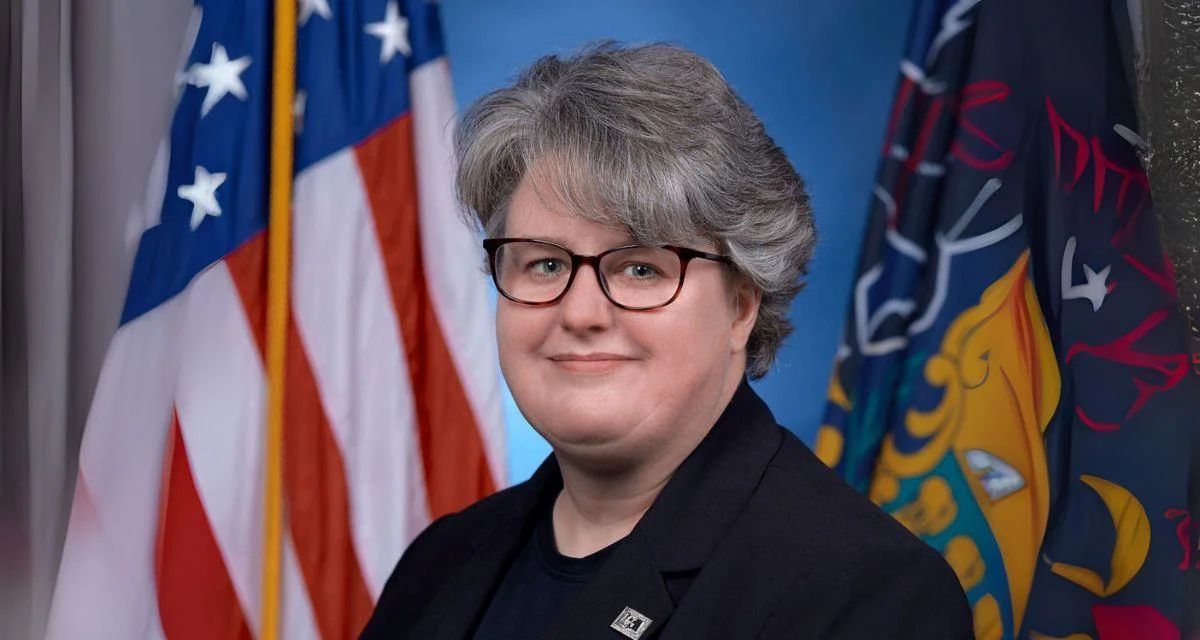
Emily Tate Sullivan Senior Reporter | EdSurge Research
Growing up in Islamabad, Anushay Anjum had a fascination for sciences like biology, physics, and chemistry, aiming for a career in engineering. However, societal pressures in Pakistan suggested that healthcare was the only STEM field deemed suitable for women. An incident at a family wedding reflected this mindset when a relative remarked on Anjum's "soft, pretty hands" as unsuitable for engineering.
Despite these challenges, Anjum secured a place in New York University's computer science program, with a notable boost coming from her participation in the Summer Science Program, which offers high school juniors global research opportunities. "These were kids who were [computer] programming at a college level, and for some reason they saw themselves in me," Anjum said of the experience that inspired her to apply abroad.
Yet, Anjum expresses concern about the pushback against diversity, equity, and inclusion (DEI) initiatives in federal, corporate, and educational sectors. This movement has affected organizations supporting women in STEM, such as Girls in Tech and Women Who Code, which shut down due to funding issues—though Women Who Code was later reestablished.
The Supreme Court's decision on affirmative action and subsequent corporate reactions have impacted organizations' ability to support girls in STEM. Some experts, including Elika Dadsetan from consulting firm VISIONS, Inc., note a "chilling effect" with donors hesitant to support STEM initiatives for girls due to potential political backlash. Nonetheless, some funders view the challenges to DEI as a call to strengthen their support for these causes.
In Austin, Girlstart, serving many school districts, hasn't faced donor withdrawal but acknowledges that partners assisting vulnerable populations feel the effects. Executive Director Shane Woods notes, "one of the silver linings of this very turbulent and unwavering onslaught" is increased public support for youth STEM education.
Significant figures stress the importance of maintaining programs that encourage girls' participation in STEM. "When we discuss the potential loss of funding for 'girls in STEM' programs, we're not just talking about a reduction in activities," Woods said. "We're talking about a significant loss of opportunities that directly impact children's development and future potential."
For aerospace engineering student Sonia Kekeh, such programs are crucial for representation and career choice awareness in STEM. “It's just really important not to close the door behind you, and just to provide that mentorship,” Kekeh stated.
Anjum is critical of the suggestion that diversifying STEM lowers standards, wishing for a change in perspective on gender equity that begins with the education of children. “I think we are too far in the future for that to be a shared lived reality for every woman that you meet, period,” Anjum remarked.





 Alerts Sign-up
Alerts Sign-up